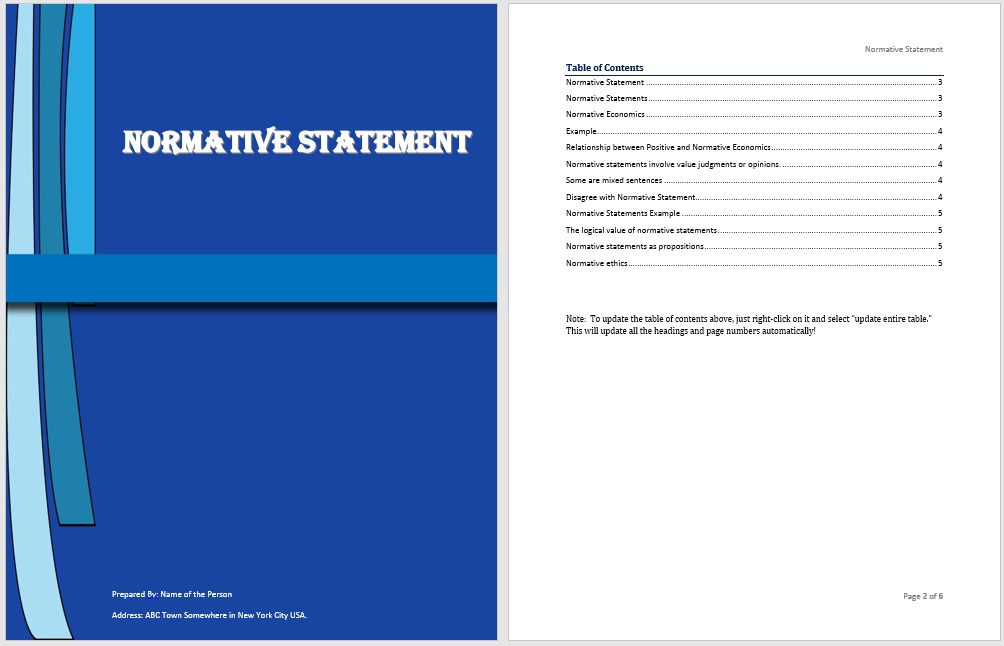Business progresses on various factors and each one of these factors is of pivotal importance in the flourishing of the business. Honest, accuracy, positivity, time management, and punctuality are some of the characteristics of a successful businessman but there are other certain technical characteristics that one should develop to be successful in this competitive field, and being able to make certain types of statements is one of these characteristics.
Positive and normative statements are two types of statements that explain one’s vision about the business but they do not define your behavior or interests. A positive statement is objective and is based upon facts while a normative statement is subjective and value-based. Positive economic statements do not have to be true but they must be able to be tested and proved and disproved, on the other hand, normative economic statements are opinion-based so naturally they can neither be approved nor disproved. We should note that there is no way of testing the habitual truthfulness of normative economic statements, even if we disagree with them, we have no sure way of proving to someone who believes that the statement that he or she is wrong by mere appeal to facts. Normative statements are differentiated by the presence of modal verbs “should”, “would” or “could”. Normative statements are the basis of normative economics.
Let’s discuss both the positive and normative statements with the help of examples.
“The government should raise the price of milk to £6 per gallon to raise the living standards of farm families.” Now as we see this statement contains a “should” it declares that it might be a normative statement, and perhaps it is normative if we try to understand it and we see we cannot match it up to any facts and it is someone’s opinion. Now, let’s change this statement a little bit, “The government raised the price of milk to £6 per gallon to help raise the standard of living of farm families.” Now this statement is turned into a positive statement that can be tested for its authenticity by matching up the records from the public records and by checking on the farms and their residents.
Disagreements over public policies typically revolve around normative economic statements, and the disagreements persist because neither side can prove that it is correct or that its opponent is incorrect. A clear understanding of the difference between positive and normative economics should lead to better policymaking, if policies are made based on facts (positive economics), not opinions (normative economics). Nonetheless, numerous policies on issues ranging from international trade to welfare are at least partially based on normative economics.
To claim the right of disagreement with the normative statement one can either disagree with the validity of the positive information used to reach a valued judgment or there always is a way to make an argument about the merits of the normative conclusion itself. But this makes the whole debate obscure since there is no right and wrong when it comes to the normative statements.
Here is a preview of a Free Printable Normative Statement Template created using MS Word,

Here is the download link for this free Normative Statement Template,
